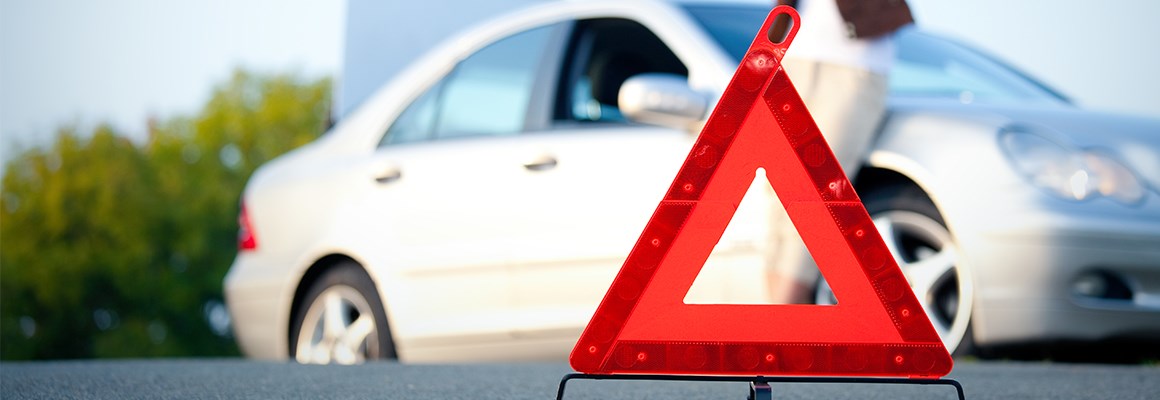How to prepare your car for a long journey
When you’re on a long car journey, potentially many miles away from the nearest garage or breakdown services, any small problem with your car can become a major inconvenience. It’s a good idea to check everything is in good working order before you set off.
Here are some essential tips on getting your car ready for a long drive, with expert advice from Shaun Dillnut of Bristol Street Motors, Macclesfield:

Basic things you can do yourself:
Before you start, make sure your car is parked on a level surface, that your engine is switched off and your handbrake is on.
- Make sure you have enough engine oil, washer fluid and engine coolant. Find out how to check all of these in our guide.
- Check the pressure in your tyres. You can use a pressure gauge for this if you have one, or take your car to a petrol station and use their air compressor. The correct pressure will be printed on a label on the opening of the driver’s door and in your user manual and often front tyres call for higher pressure than rear ones.
- Check your car is equipped with a spare wheel and that the tyre isn’t flat. If it’s missing, buy a replacement before setting out on a long trip. Many car manufacturers also now supply a repair kit (usually consisting of tyre sealant and a tyre-inflator pack) instead of a spare wheel, but these aren’t suitable for all tyre types. For example, if you have run flat tyres, many manufacturers suggest speaking to a specialist before deciding whether to repair or replace your tyres.
- Test your indicators, brake lights, side lights, headlights and fog lights, and replace any bulbs that have gone.
Shaun says: “These are all things that you can easily do yourself cheaply and with no tools, but they can make a big difference when it comes to keeping you safe on the road, as well as making sure you don’t end up wasting time on your trip.”

How to tell if your car needs a mechanic:
While there are some jobs you can do yourself, others will definitely require an expert. The list below highlights some of these common issues that should really be dealt with by a professional, should you come across them.
- Check your tyres are in good condition, and free from any problems like stuck nails. Then measure your tread depth and check with your user manual that your tyres are not too worn. If your tyres need to be replaced then you should take them to a garage.
- Test your steering wheel feels responsive and moves well with the wheels - if it doesn’t, it could be a sign that the steering joints have come loose and need to be looked at by an expert.
- Check your exhaust system is not leaking or loose. If you’re having problems in this area, you should call a mechanic.
- Look under the car for any other fluid leaks. These leaks could mean a number of things, so you should really consult a mechanic.
Shaun says: “For these checks, if you come across problems then you’ll need to head to a garage. It’s much better to do this before you set off on a road trip, rather than breaking down and needing to spend time and money on emergency call-out services.”

Be prepared - pack the right tools:
It’s a good idea to travel with all of the tools you might need if a roadside repair is required. Your car's user manual should have details of the specific types and sizes of equipment you need.
Shaun’s road trip checklist:
- Hi-vis jacket/vest
- Jump leads
- A large and a small flat-head and Phillips screwdrivers
- An adjustable spanner
- A jack that fits your car
- A tyre pump Torch
- Warm clothing
- Emergency food and water
Also, consider taking out breakdown cover.
Swinton Insurance is not liable for any of the views expressed by tradesmen within this article.
Find out more about Car Insurance from Swinton
- Car Insurance - Car insurance made clear and simple, with three comprehensive cover options for you to choose from
- Young Drivers - Young driver or newly qualified?
Looking for something else?